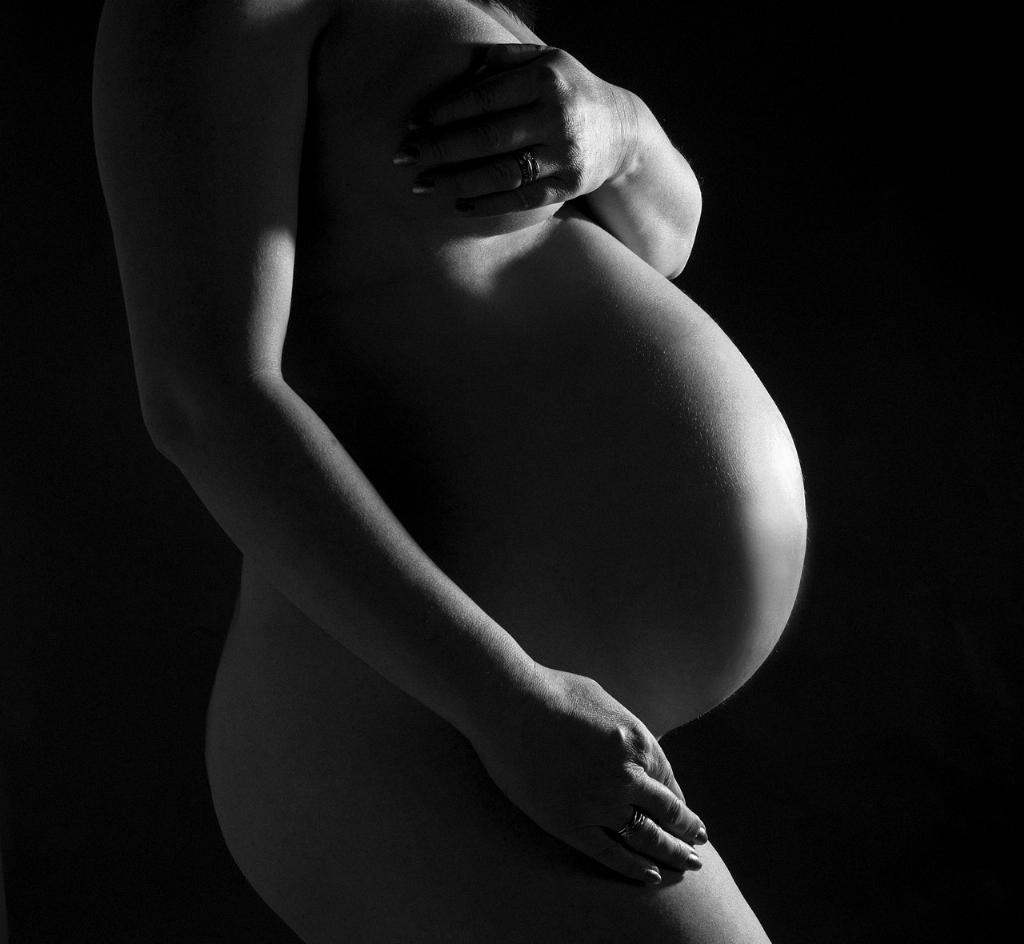If you’re experiencing dental pain during pregnancy, finding relief while ensuring the safety of your baby is of utmost importance. When it comes to choosing painkillers to manage dental pain during pregnancy, it’s crucial to opt for options that are considered safe for both you and your baby.
One common painkiller that is often recommended for use during pregnancy is paracetamol. Paracetamol is known to be the painkiller of choice for pregnant individuals due to its safety profile. The use of paracetamol is generally considered safe for pregnant women without the need for medical supervision.
It’s important to note that while paracetamol is typically recommended for managing pain during pregnancy, other types of painkillers may have been used by women early on in their pregnancy before realizing they were pregnant. In such cases, it’s essential not to panic, as occasional use of certain painkillers is not expected to cause harm to the unborn baby.
When it comes to dental pain specifically, paracetamol can often provide effective relief. If you are experiencing dental discomfort, paracetamol can be a suitable option to alleviate the pain until you can seek professional dental care.
However, it’s always best to consult with your healthcare provider before taking any medication during pregnancy, including paracetamol. Your doctor or midwife can provide personalized advice based on your individual health situation and the stage of your pregnancy.
Aside from paracetamol, nonsteroidal anti-inflammatory drugs (NSAIDs) such as ibuprofen are generally not recommended during pregnancy, especially in the third trimester, as they can carry certain risks for the baby. Hence, it’s best to avoid NSAIDs when seeking pain relief for dental issues while pregnant.
In some cases, your dentist may recommend local treatments or interventions to manage dental pain during pregnancy, such as topical numbing agents or dental procedures that are safe for expectant mothers. These options can provide targeted relief without the need for systemic medications.
It’s essential to prioritize your dental health during pregnancy, as untreated dental issues can lead to complications that may affect both you and your baby. Regular dental check-ups and good oral hygiene practices are crucial for preventing dental problems during pregnancy.
If you experience severe or persistent dental pain during pregnancy, it’s important to seek professional dental care promptly. Your dentist can assess the underlying cause of the pain and recommend safe and effective treatment options to alleviate your discomfort while prioritizing the well-being of your baby.
Remember that your health and well-being during pregnancy are paramount, and it’s always best to err on the side of caution when it comes to managing health issues, including dental pain. By seeking guidance from your healthcare provider and dental professionals, you can ensure that you receive appropriate care that is safe for both you and your baby.

